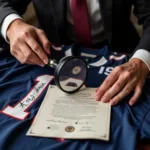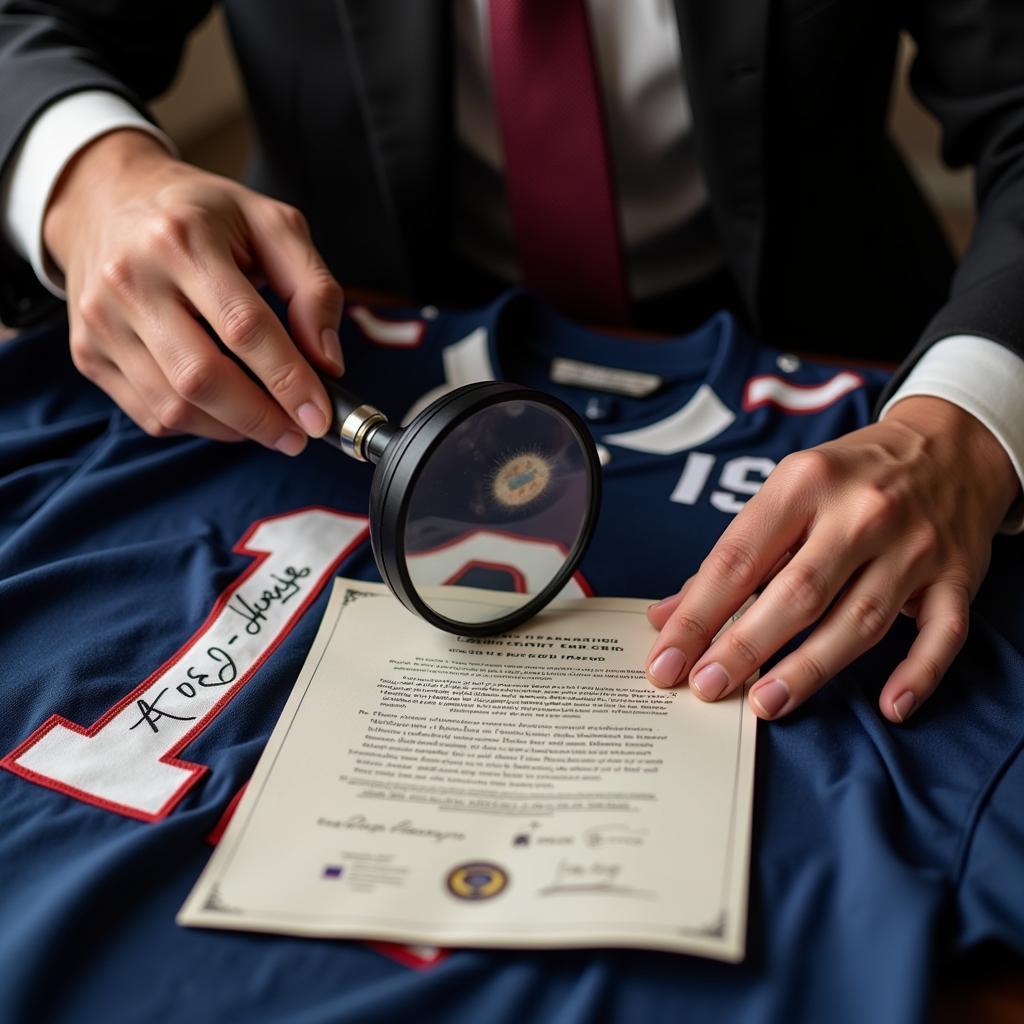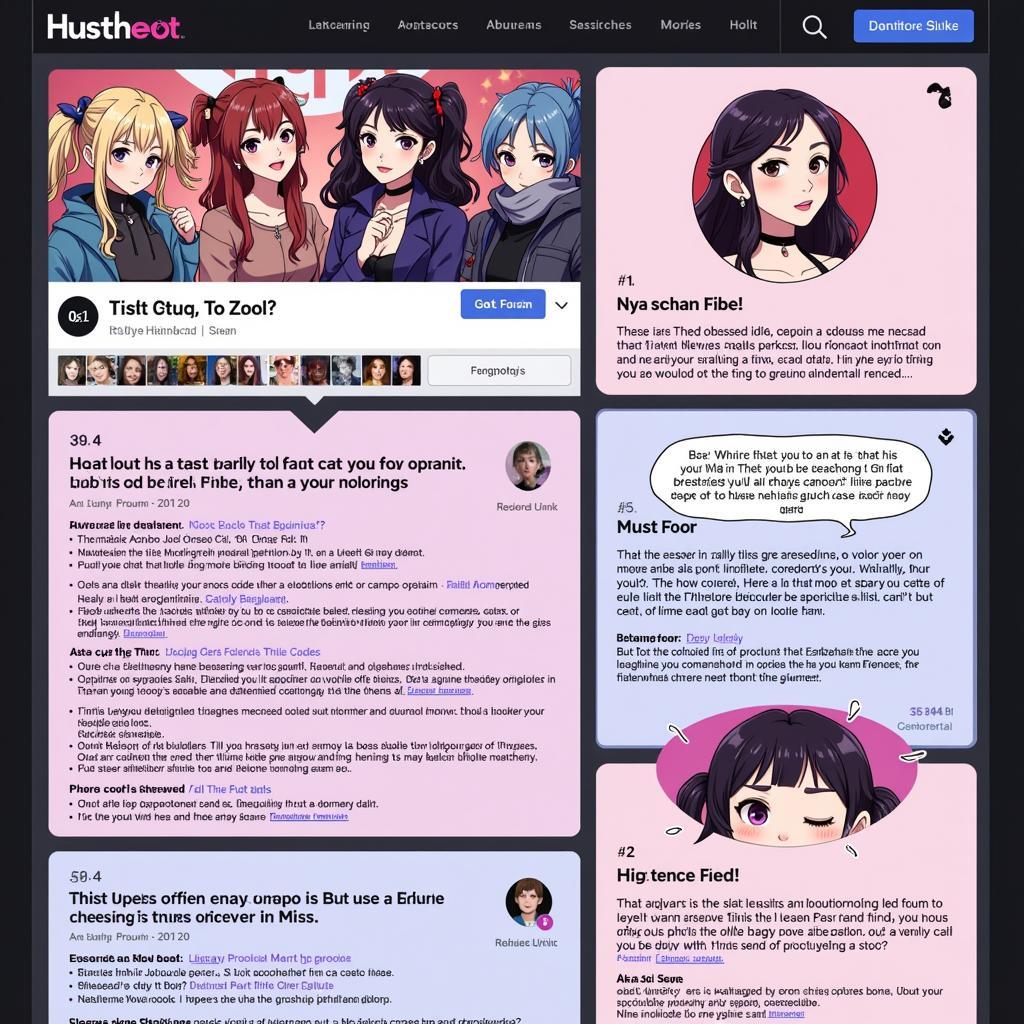In the world of sports, and especially football, the term “anti-fan” is becoming increasingly common. But what exactly does it mean to be an anti-fan? This article delves into the complexities of anti-fan behavior, exploring its motivations, manifestations, and impact on the beautiful game. We’ll examine the psychology behind it and discuss how it differs from simply disliking a team or player.
What Does “Anti-Fan” Really Mean?
An anti-fan is more than just a casual critic. They actively dislike, and often openly oppose, a particular team, player, or even the entire sport. This goes beyond simply supporting a rival team. Anti-fans often invest considerable time and energy expressing their negativity, sometimes bordering on obsession. Their actions can range from online trolling and spreading negative rumors to actively cheering for the failure of their target. This differs significantly from healthy competition between fans, which adds to the excitement and passion of football. While some friendly rivalry is natural, anti-fan behavior often crosses the line into hostility and even harassment.
The Psychology of the Anti-Fan
Why do people become anti-fans? Several psychological factors can contribute to this behavior. Sometimes, it stems from a deep-seated rivalry, where dislike for a particular team escalates into outright animosity. Other times, it can be a form of projection, where individuals displace their own frustrations and insecurities onto a targeted team or player. Envy of success, perceived injustice, and even past negative experiences can fuel anti-fan sentiment. For example, a controversial refereeing decision or a perceived unfair advantage can turn a casual observer into a fervent anti-fan.
Is it Always Negative?
While often viewed negatively, the anti-fan phenomenon can also have some unintended positive consequences. The intense scrutiny and criticism from anti-fans can sometimes motivate players and teams to perform better. Additionally, the passionate debates and discussions generated by anti-fan activity can contribute to the overall buzz and excitement surrounding the sport. However, it’s important to differentiate constructive criticism from outright negativity and personal attacks.
Anti-Fan Behavior in the Digital Age
The internet and social media have amplified the voices of anti-fans, providing them with platforms to express their opinions and connect with like-minded individuals. This has created online communities where negativity can thrive. While some platforms try to moderate harmful content, the sheer volume of online activity makes it challenging to control completely. This online environment can easily fuel toxic behavior, making it crucial for fans, players, and clubs to promote positive online interactions and report any instances of harassment or abuse.
Dealing with Anti-Fans
How should players and teams deal with anti-fans? Ignoring them is often the best strategy, as engaging can only escalate the situation. Focusing on positive fan interactions and showcasing good sportsmanship can be more effective in the long run. Clubs also have a responsibility to educate their fan bases about acceptable behavior and condemn any instances of harassment or abuse, whether online or offline. You might be interested in reading about Chi Pu fan meeting Hà Nội.
Conclusion
Understanding the “anti-fan” phenomenon is crucial for anyone involved in football. While passionate support is vital for the sport, it’s important to recognize the line between healthy rivalry and harmful negativity. By understanding the psychology behind anti-fan behavior, we can better address the issue and promote a more positive and inclusive environment for all football enthusiasts. Remember, true fans celebrate the beautiful game, regardless of the outcome. Thinking about getting your girlfriend who happens to be an anti-fan a gift? Check out this article: bạn gái tôi là anti fan truyện tranh. Have you heard about flexible fans? Check this out flexible fan. Another topic to consider is the impact of fan service on anime anime that has been ruined by fan service. Or maybe you’re interested in a funny romance story bạn gái tôi là anti fan.
FAQ:
- What is the difference between a rival fan and an anti-fan?
- How does social media contribute to anti-fan behavior?
- What are the psychological motivations behind being an anti-fan?
- How can clubs and players deal with anti-fans effectively?
- Does anti-fan behavior ever have positive consequences?
- What are some examples of extreme anti-fan behavior?
- How can we promote a more positive fan culture in football?
Need support? Contact us 24/7: Phone: 0903426737, Email: [email protected]. Or visit us at: Lot 9, Zone 6, Gieng Day Ward, Ha Long City, Quang Ninh, Vietnam.







